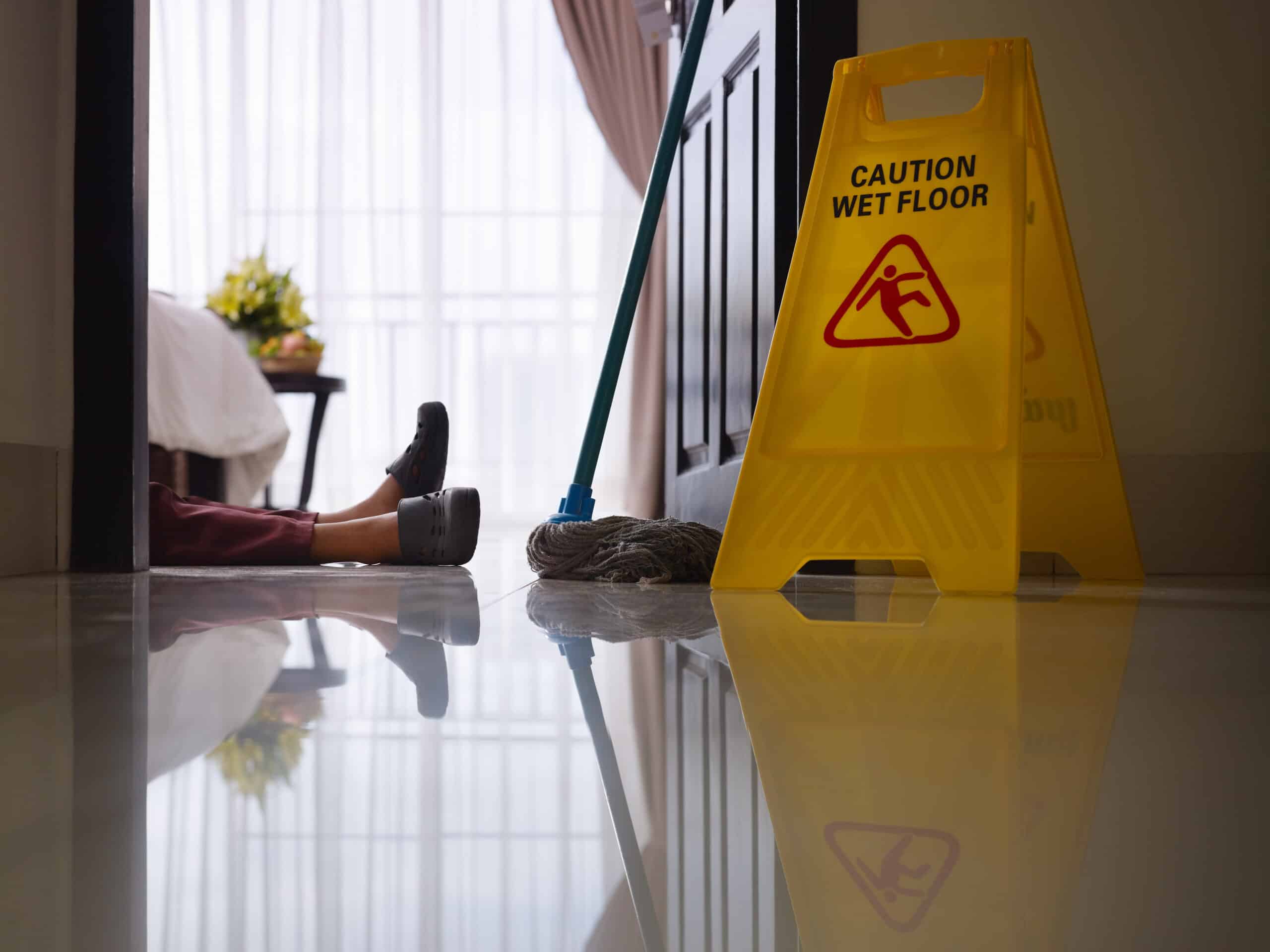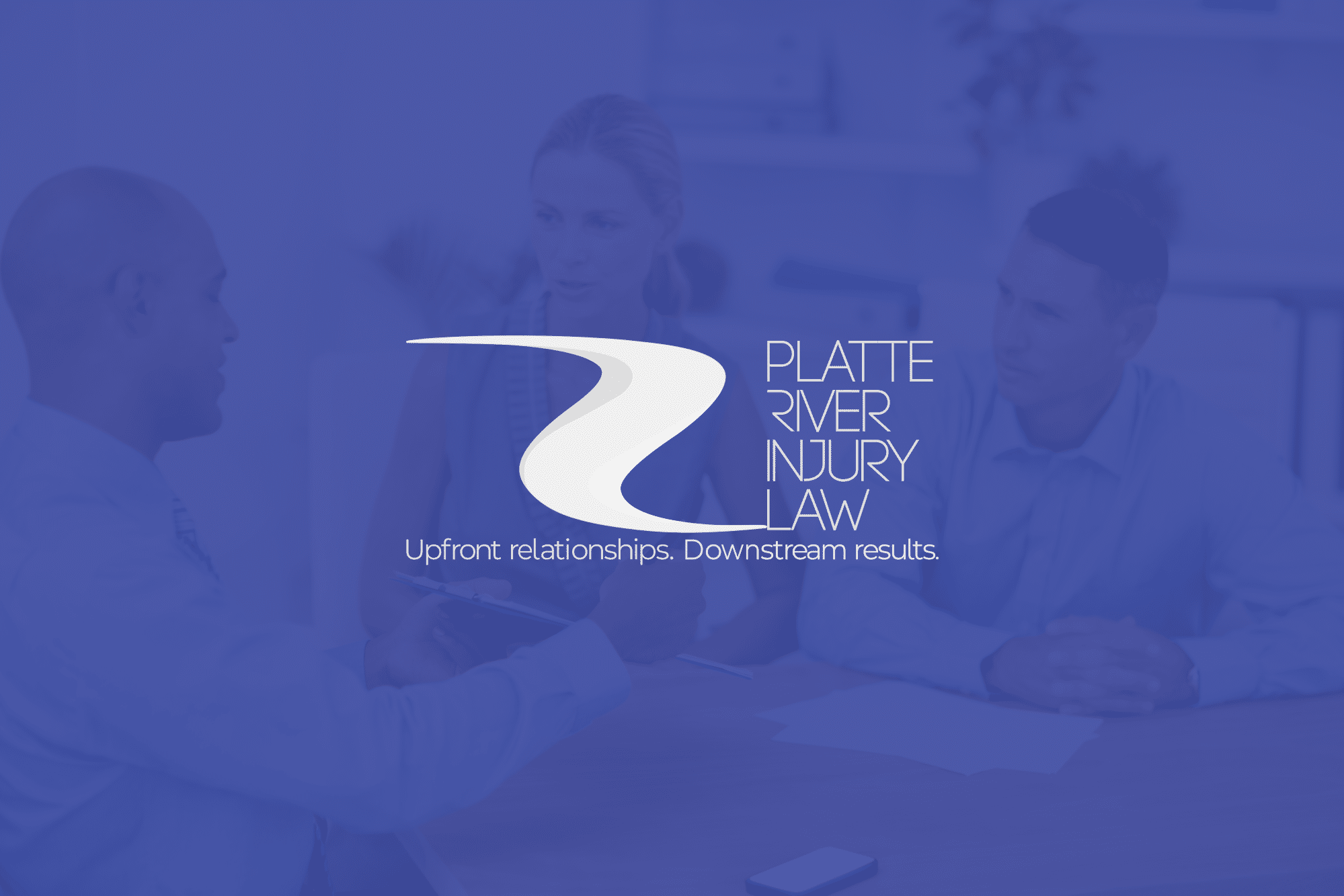The thin skull rule is a very old common law doctrine. Simply put, in a personal injury case, defendants “must take plaintiffs as they find them.” If someone injures another person, and they are liable in civil court to pay actual damages, they must pay all the damages that they caused. It does not matter if the injured person was unexpectedly fragile and required more medical care than an ordinary person might have. An older name for this principle is the “eggshell skull” rule because, as it is said, a defendant remains liable for damages even if a plaintiff had “a skull as thin as an eggshell.”
For example, consider an auto accident where a driver is struck from behind. It is not a severe collision, and another driver might have walked away relatively unhurt. But this driver is a senior citizen, and she has weakened bones, or osteopenia. The collision causes her to suffer fractures that other people would not have. How much will she recover if she has to sue for her damages?
In a case like this, the thin skull rule ensures that she is entitled to all her medical expenses and related losses, including those for any complications she may suffer from her fractures. Even though the other driver didn’t particularly mean to crash into someone with weakened bones, he is no less liable for damages because of it. However, he has two defenses to such a situation: the “crumbling skull” rule and the rule of intervening cause.
According to the crumbling skull rule, when a plaintiff was already suffering from a medical condition at the time of the injury, the defendant does not become liable for the expenses resulting solely from that medical condition. They are only responsible for the damages they have caused. Therefore, in the above example, the defendant would not assume liability for any treatment for the plaintiff’s pre-existing bone disorder.
Similarly, if there is an intervening cause of further injury, the defendant would not be liable for damages resulting from that. If the plaintiff in the above situation later trips and falls, causing complications with her fractures, the defendant would not be liable for the costs arising from that injury.
If you have been involved in an accident in Wyoming, what can you do if you suffered injuries on top of your pre-existing injuries or disorders?
Managing an Injury Case with a Pre-Existing Condition
The thin skull rule can be a key factor in settlements or lawsuits in a wide range of personal injury cases, including:
In cases like these, a defendant is usually liable if:
- they had a duty of care to the plaintiff, and
- they breached that duty of care through negligence or recklessness;
- their breach caused injury to the plaintiff, and
- the plaintiff suffered damages as a result of it.
Many personal injury cases, and almost all auto accident cases, involve insurance settlements rather than lawsuits. Thus, the guidance of a Wyoming personal injury attorney is critical for a claimant in a case like this, as insurance adjusters and defense counsel will have many ways to delay or reduce payment for damages.
Specifically, the insurance company will seek to show that they are not liable for your expenses either because the injuries were pre-existing or because they resulted from an intervening cause. This means that your medical record—the care you received and your compliance with the doctor’s orders—will be subject to scrutiny and argument. In some situations, it can indeed be very difficult to distinguish the medical consequences of different injuries and disorders. Therefore, it is particularly important for you to seek medical care as soon as possible after the accident and to follow up carefully with recommended exams and treatment, retaining all possible documentation.
It is also wise to limit your appearance on social media after the accident, even in other people’s postings, if at all possible. Insurance investigators often search the internet presence of claimants and their social contacts for potential fraud. Any statement you make about the accident or injuries may be used against you to contradict your account in some way. Photos, in particular, can be taken as evidence that you are not really dealing with the injuries or medical treatments that you claim to be, even if that is demonstrably untrue.
Having an attorney on your side can help you recover what you need as quickly as possible. If you or your loved one has been involved in an accident in Wyoming, we want to talk to you. You may be able to recover monetary damages resulting from:
- Lost wages and/or earning opportunities
- Medical costs, including travel expenses to treatments
- Prescription and non-prescription drugs
- Home health equipment costs
- Pain and suffering (also called non-economic damages)
At Platte River Injury Law, a Cowboy Country Law firm, we know how insurance companies work, and we can protect you from unfair pressures and misleading tactics. Call us at 307-215-9724 to schedule a free consultation at our Casper, Wyoming offices. We also serve the Cheyenne, Gillette, Rawlins, Riverton, and Sheraton areas.






